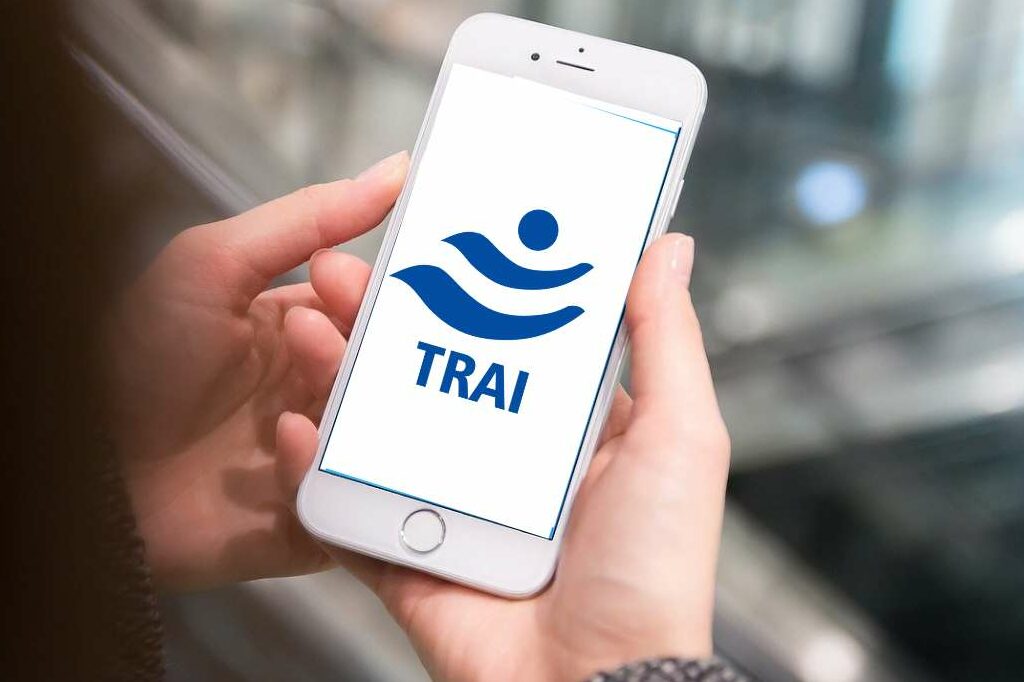Telcos to Refund Amount in Three Months: A Move Towards Transparency by TRAI
In a bid to ensure greater accountability and uphold consumer rights, the Telecom Regulatory Authority of India (TRAI) has made a game-changing decision for millions of telecom users across Asia.
Highlights:
- TRAI’s New Directive: All telecommunications companies must refund any overcharged amounts to their users.
- Deadline: Refunds must be processed and given back to customers within a stringent timeline of three months.
- Accountability Mechanism: An annual audit for telcos has been mandated by TRAI to prevent billing discrepancies in the future.
In the vast and diverse continent of Asia, where millions of people use telecommunication services daily, this directive is seen as a massive step towards upholding consumer rights and ensuring that telecom companies operate with a higher level of transparency.
Breaking Down TRAI’s Decision
The Telecom Regulatory Authority of India, more commonly referred to as TRAI, has always functioned with the overarching goal of ensuring fairness and transparency within the telecom industry. The decision to have telecom service providers refund overcharged amounts in three months’ time is another feather in their cap of consumer-centric decisions.
Why is this decision so significant?
For one, it is not uncommon for users to be overcharged due to various reasons ranging from system glitches to billing errors. However, many consumers often overlook these overcharges, either because they are minor or due to the cumbersome process of seeking redressal. With TRAI’s new directive, the onus is now on telecom service providers to rectify these errors and refund any overcharged amounts proactively.
Furthermore, the three-month timeline set by TRAI ensures swift action. Users can now expect a quick resolution, making it a hassle-free experience for them.
Annual Audits: A Step Towards Continuous Accountability
Another significant part of TRAI’s announcement is the directive for telecommunications companies to undergo an annual audit. The reasoning behind this is twofold:
- To Prevent Future Discrepancies: By keeping tabs on billing processes and systems, discrepancies can be identified and rectified promptly.
- To Reinforce Trust: Knowing that a third-party audit is in place, consumers can have greater faith in their service providers, believing that they are being charged fairly.
The audits will play a pivotal role in ensuring that telecom companies are consistently adhering to the best practices and standards set forth by TRAI.
Also read: Starlink to Initiate Services in India: The Satellite Revolution Beckons
What Does This Mean for the Asian Audience?
Asia, with its vast and varied demographic, stands to benefit immensely from this directive:
- Enhanced Consumer Protection: Asian consumers, especially those who may not be well-versed in the intricacies of billing systems, will be protected from inadvertent overcharges.
- Trust in Telecom Services: The telecom industry, by adhering to TRAI’s directives, can strengthen its relationship with its vast user base by showcasing transparency and accountability.
- A Model for Other Industries: The directive, if successful, might set a precedent for other sectors within Asia, ushering in a new era of consumer protection and rights.
In conclusion, TRAI’s move to mandate telcos to refund overcharged amounts in three months is commendable. With an annual audit system also in place, it is evident that the authority is prioritizing the rights of consumers. As the telecom industry continues to evolve and expand in Asia, such initiatives ensure that growth is accompanied by trust and transparency.

















